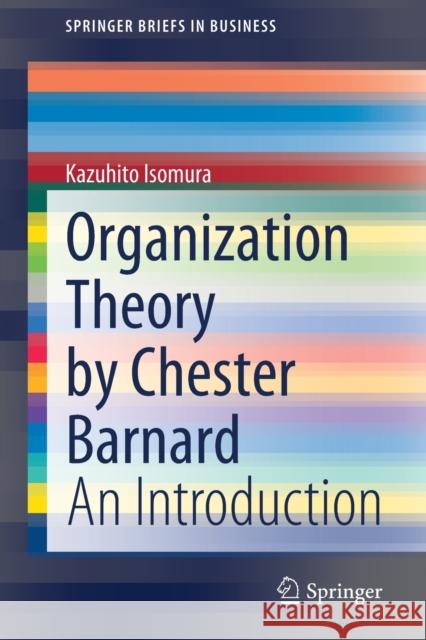Organization Theory by Chester Barnard: An Introduction » książka
topmenu
Organization Theory by Chester Barnard: An Introduction
ISBN-13: 9789811592058 / Angielski / Miękka / 2020 / 95 str.
Kategorie:
Kategorie BISAC:
Wydawca:
Springer
Seria wydawnicza:
Język:
Angielski
ISBN-13:
9789811592058
Rok wydania:
2020
Wydanie:
2020
Numer serii:
000413098
Ilość stron:
95
Waga:
0.16 kg
Wymiary:
23.39 x 15.6 x 0.56
Oprawa:
Miękka
Wolumenów:
01
Dodatkowe informacje:
Wydanie ilustrowane











